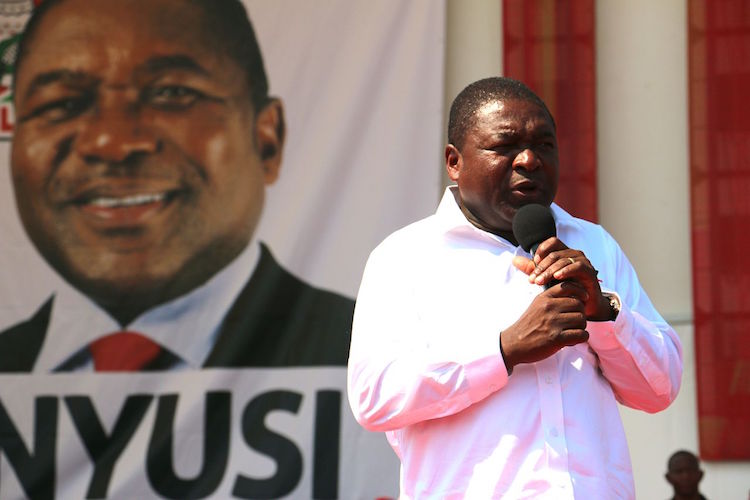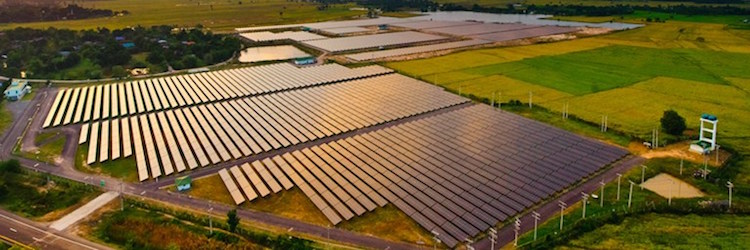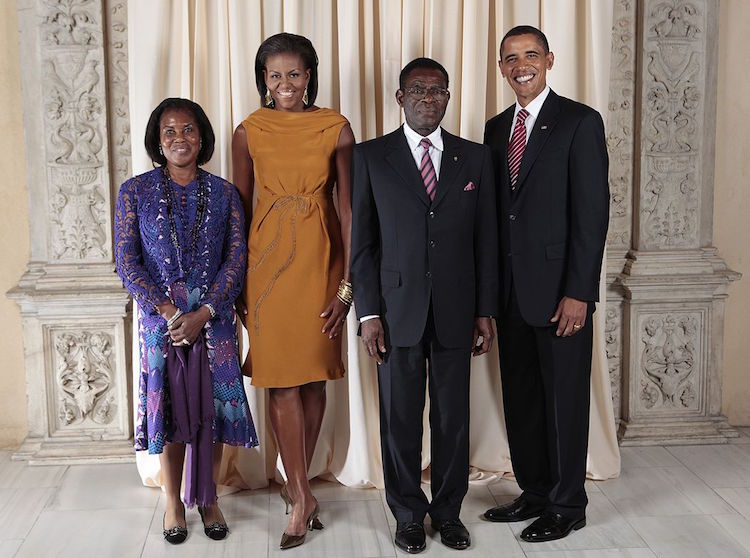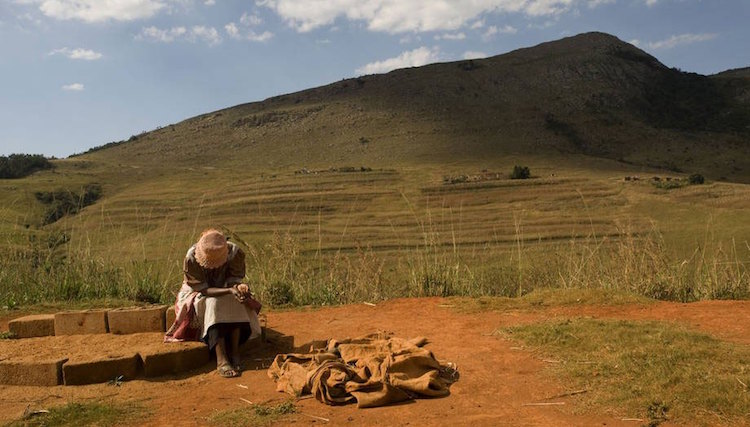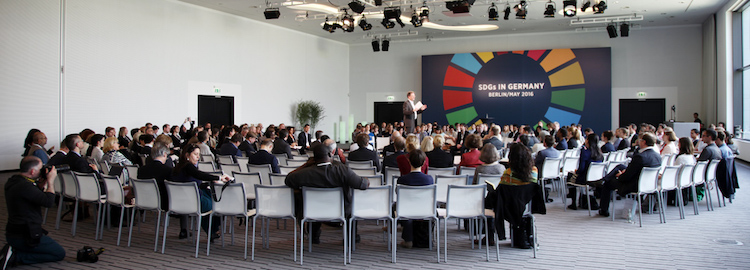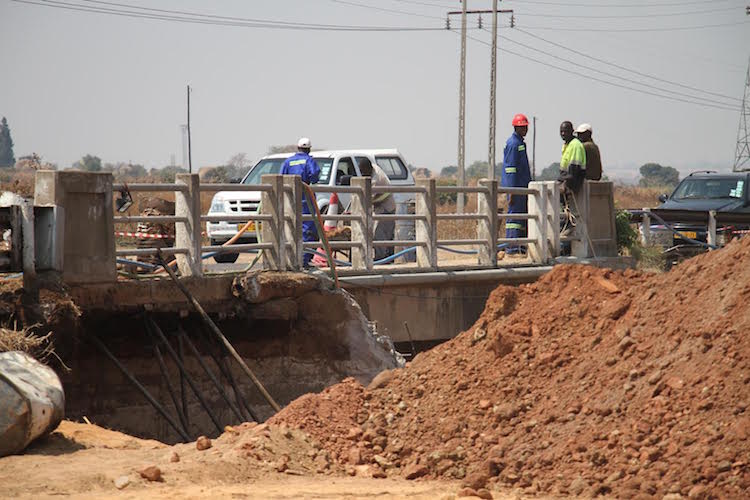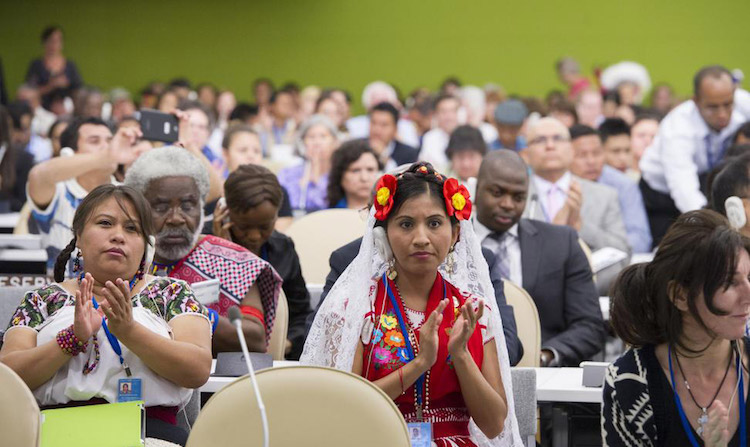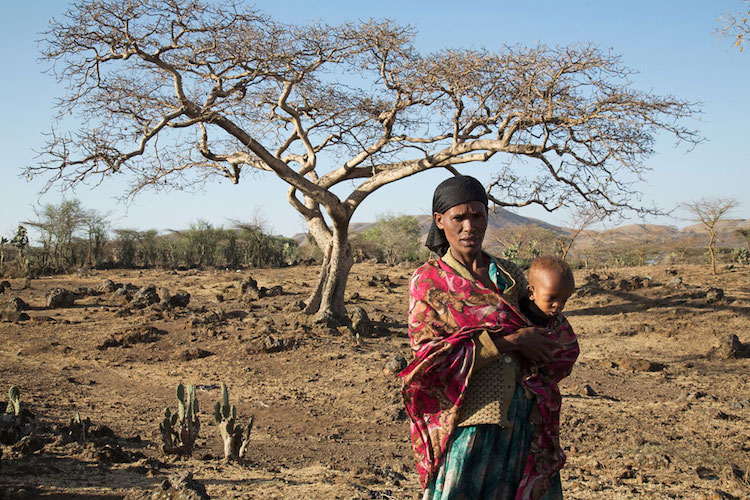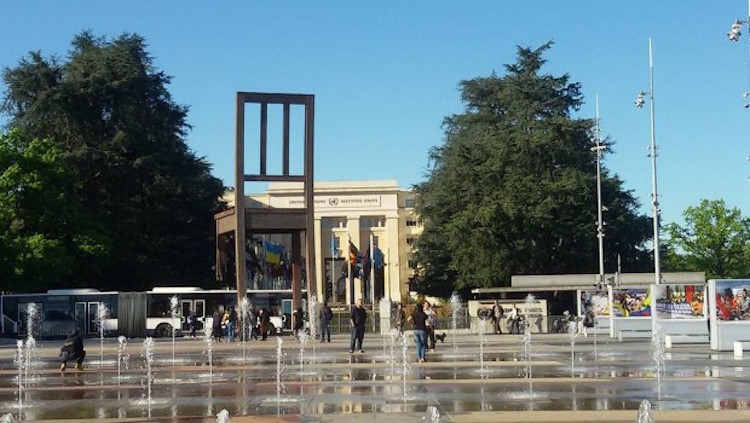NEW YORK (IDN | GIN) – Canada has joined the IMF, World Bank and several other countries in cutting aid to Mozambique over concerns about the country’s finances.
CTV News reported on May 9 that Mozambique had more than $1.3 billion in undeclared debts, which raised concerns among donors over its financial management. Fourteen donor agencies and countries, including the U.K., Portugal and Switzerland, are freezing a portion of their development assistance.
Canada’s high commissioner in Mozambique said on Twitter on May 9 that general budget support has been frozen – that’s aid that goes directly to Mozambique’s government. Development assistance provided to NGOs and multilateral organizations like the UN remains in place.
In the midst of freezing aid, banks that saw dollar signs in the developing economies of Africa are being blamed for a looming fiscal crash in Mozambique over so-called “tuna bonds”.
Emblematic of the easy lending by western banks, 24 fishing boats meant to be a modern tuna fleet are gathering rust in the port of Maputo.

